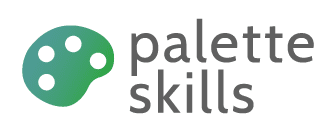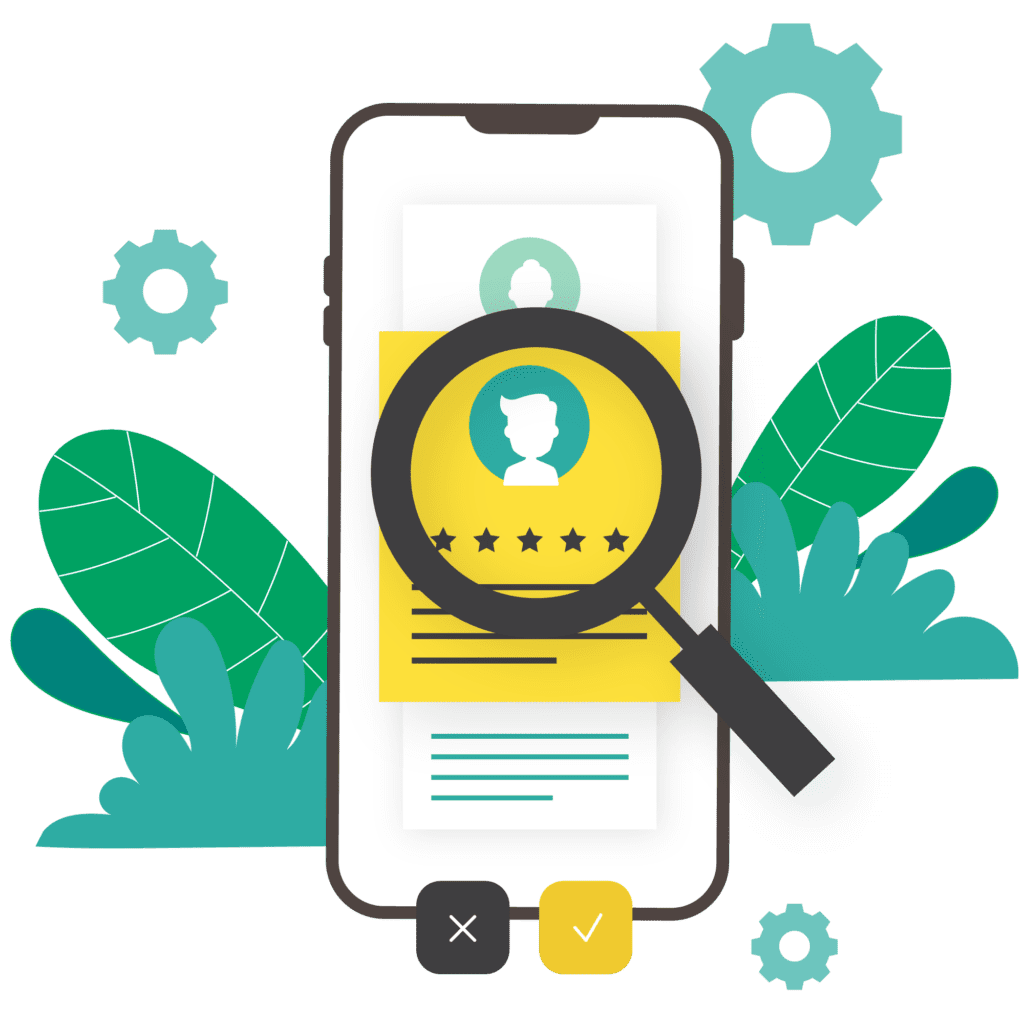It’s no secret that at Palette Skills, we are pretty thrilled about our new Digital Agricultural Specialist Program. Developed in conjunction with the University of Saskatchewan, Protein Industries Canada, and the Enterprise Machine Intelligence and Learning Initiative (EMILI), the intensive upskilling program prepares participants for the world of digital and precision agriculture.
Of course, the sophisticated tech taught in the program is exciting. But at the same time, it’s worthwhile remembering that no matter what kind of technology is involved, agriculture is about food, and about people. That’s why we decided to sit down with one of the program’s recent alumni, Berokh Haghdan, and learn a little more about her, and what brought her to the Digital Agriculture Specialist Program this summer.
Berokh Haghdan is an energetic and outgoing person who emigrated to Canada a little less than two years ago from Shiraz, in south central Iran. She has a Bachelor’s degree in soil science, and a Master’s in irrigation and drainage. We wanted to know what made her interested in our Digital Agriculture program, but we also wanted to find out how the program fit in with her broader concerns for women, and for community.
What made you interested in agtech, and what made you apply for the Digital Agriculture Specialist Program?
You know in addition to my educational background, I have 18 years of experience in the agricultural industry but all of it was back home in Iran. Then I came to Canada, and to Saskatchewan, through the Provincial Nominee Program (PNP), and I decided I wanted to get back into agriculture because of my knowledge and experience. So when I found the Digital Agriculture Specialist Program through Palette Skills I was so excited, because it was such a great way to learn more about Canada’s and Saskatchewan’s agricultural industry.
How did you find out about the Digital Agriculture Specialist Program?
I am kind of a creative person. I’m active on Instragram and on social media, and so I saw an advertisement for the program, and went to the website, and I read all the information and it looked so exciting. It looked like a great way to learn about the industry, and find the right fit for my career, so I decided to participate.
What parts of the program made you most excited?
I had a lot of knowledge about agriculture. In my country, agriculture is the second most important industry there. I knew a lot, but when I participated in the program I found out many things I did not know. Here in Saskatchewan the weather is different, the situation is different. For example, where I come from, most of the fields are irrigated, because it’s a dry part of the world. So it was really interesting for me when I saw that all of the farms here in Saskatchewan are dryland.
All of the information I got from this course was really wonderful. I liked all the parts, and I learned many things from each section.
Why do you think that a program like this is important for women? Why is it important for women to participate in this kind of work?
You know, I am a feminist, and I believe women can have an influence in all sections of the community. Women’s sphere is really wide. We can have a technical vision, and at the same time women can have great soft skills. When a woman has great technical skills, softer skills, and leadership skills, they can make a big difference in the world.
In the traditional agriculture industry it is usually just for men. So we need to show women that they have enough power and knowledge to make a difference in this industry. I think with all of our knowledge and skills, women can make a special kind of difference.
Berokh, what are your plans and your aspirations for yourself, now that you’ve finished this program?
As I found out through this course, to get a good career in agriculture in Canada and Saskatchewan, you need to have good networking skills. And networking doesn’t just mean showing up and asking different people for a job. You need to have solid relationships with people or institutions, like Palette Skills, who can introduce you to industry leaders.
I found the networking events in the course really helpful, and also when they helped me create a really professional résumé that really communicated my skills and experience. So through these networking events and this program, I got an interview with a really good company who are involved in one of the biggest infrastructure projects for agriculture in the province. I had an interview with them, and right now I am waiting for the response.
You know, without the support from the Palette Skills team, I believe I would never have made this interview.
What would you say to someone who is thinking about taking this program from Palette Skills?
You know I told all my friends you should participate in this program, because it’s not just about learning technical things about agriculture. There are lots of other things, like developing professional skills, and learning how to participate in networking events. And these things really help you to find yourself. The most important thing that I got from this program was confidence. The program showed me I can make a difference in the agricultural industry, and in my community, too.
Are you ready to apply?
If you are ready to jump into a new career in digital agriculture, apply to the program today!







